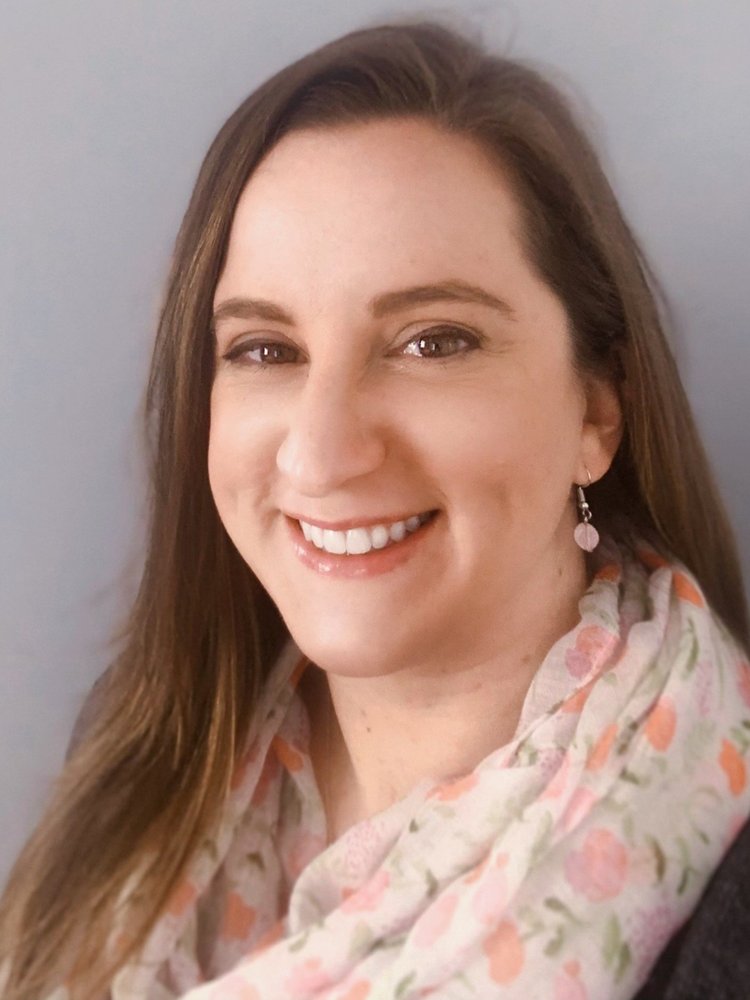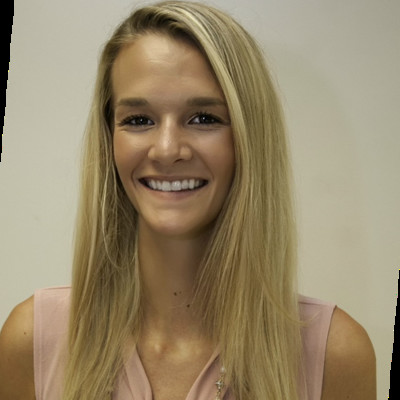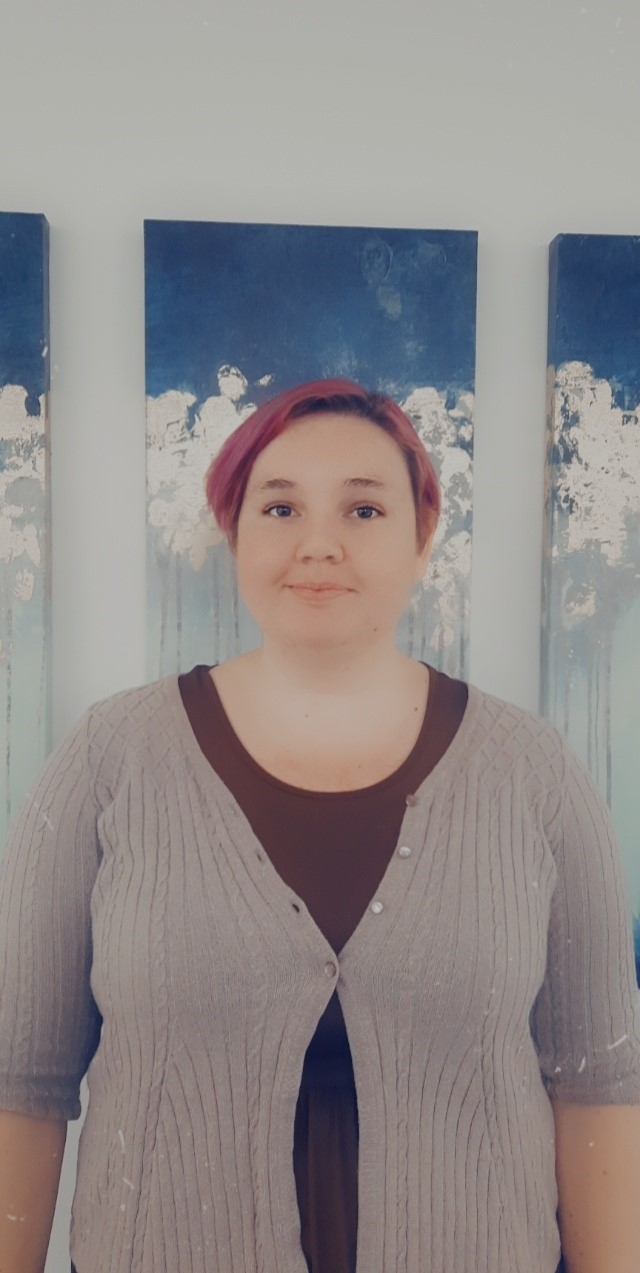Paradise Ballroom B
Speaker(s):
Green, Lauren, MSW
Connors, Liz, LCSW, CRADC
Description
Since third-party access to naloxone became legal in Missouri in 2017, naloxone access across the state has drastically increased. In 2018, the UMSL-MIMH team distributed nearly 11,000 naloxone kits through the Missouri Opioid/Heroin Overdose Prevention and Education (MO-HOPE) project and State Targeted Response (STR) grant. In 2022-2023 grant cycle, our team is on track to distribute over 197,000 kits through the following projects: Navigating Overdose Response Through Harm reduction (North*) project, State Overdose Response (SOR) grant, Expanding Naloxone Access and Community Training (ENACT) grant, Drugs Overdose, Trust and Safety (Connecting the DOTS) grant, and the Missouri Coordinating Overdose Response Partnerships and Support (MO-CORPS) grant. With this massive increase of resources, our programming can reach many more partners and sectors and better meet the needs of those we serve. This presentation will outline the various naloxone initiatives in Missouri and provide guidance on how both agencies and individuals in Missouri can get free access to naloxone and harm reduction training. Additionally, presenters will share their experiences expanding harm reduction programming across various sectors including obstacles they have encountered, lessons learned, and their strategies for overcoming common objections to harm reduction.
Objectives
1. Describe the plans for harm reduction growth across the state of Missouri
2. Review how to access naloxone in Missouri
3. Discover strategies for overcoming common objections to harm reduction
4. Describe implementation barriers that presenters have encountered and how they overcame them



